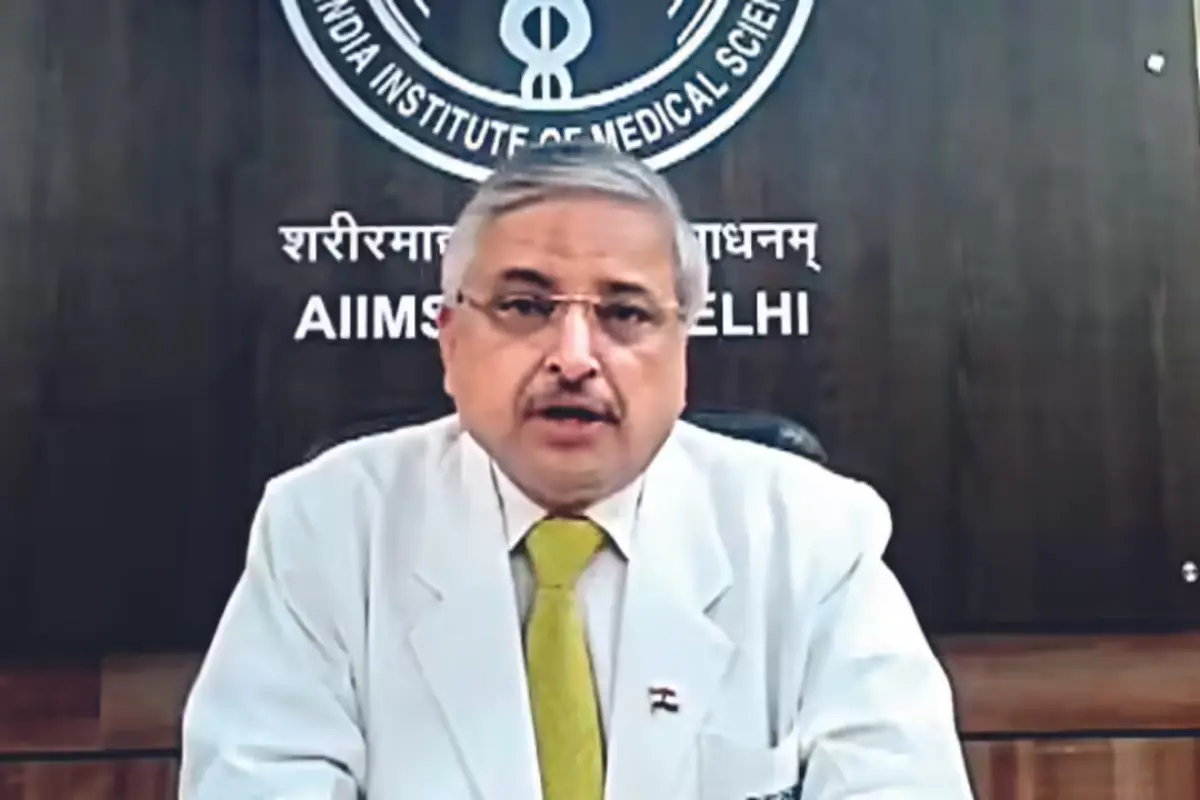Delhi Pollution: As a dense layer of smog covers Delhi-NCR yet again, the air quality has deteriorated to a “severe” level, raising alarms about people’s health. Former AIIMS Director and leading pulmonologist Dr. Randeep Guleria said that air pollution is a “silent killer” that is gradually harming not just the lungs but also the heart, brain, and other organs.
Dr. Guleria issued this warning as the national capital experiences hazardous Air Quality Index [AQI] levels, with some reporting readings above 450. He appealed to people to act promptly to safeguard their health, especially the more vulnerable population groups such as children, senior citizens, and those with chronic illnesses.
Pollution’s Effect Is More Than Just The Lungs
According to Dr. Guleria, air pollutants such as PM2.5 and PM10 are able to enter the bloodstream and impact multiple organs. “The damage done by air pollution is much more than respiratory issues. It can lead to heart attacks, worsen diabetes, impair brain function, and even cause preterm births,” he explained.
Experts have also raised similar concerns, stating that prolonged exposure to toxic air could lead to long-term health impacts such as asthma, chronic obstructive pulmonary disease [COPD], and increased stroke risks. “Even healthy individuals are at risk if they are regularly exposed to this level of pollution,” added Dr. Guleria.
Response from Government and Public Health
Due to the air quality deterioration, the Commission for Air Quality Management (CAQM) has ordered Stage IV of the Graded Response Action Plan (GRAP), which includes a ban on construction-related activities, restrictions on diesel vehicles, and recommendations for work-from-home for government employees.
Schools in some parts of Delhi and NCR have been advised to conduct online classes to protect children from harmful air pollutants.
Precautions Citizens Should Take
Doctors recommend wearing N95 or N99 masks when going outdoors, using air purifiers at home, not walking outside in the early morning, and eating food rich in antioxidants (such as fruits and leaf greens). Staying hydrated, cleaning the nasal passages, and having indoor plants like aloe vera and peace lilies can also help minimize exposure to pollutants.
Dr. Guleria said, “We can’t control the air overnight, but we can protect ourselves. Combating pollution has to be a combined effort by policy, technology and individual responsibility.”
